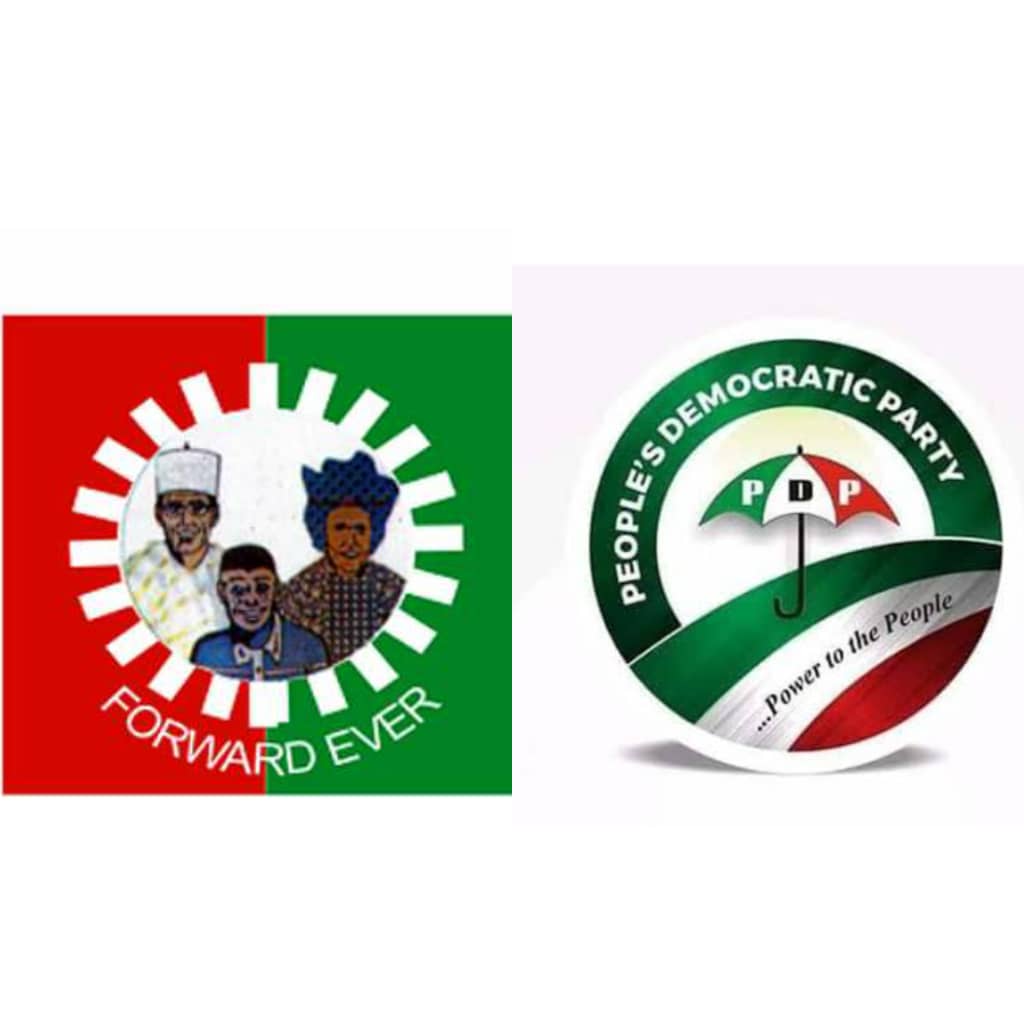Paragraph 1: The Return of Political Figures to PDP
The political landscape of Enugu State witnessed a significant shift with the return of Mr. Titus Odo, former Publicity Secretary of the Labour Party (LP), and Prince Emeka Mamah, former Commissioner for Chieftaincy Affairs and State Coordinator of the Peter Obi Presidential Campaign, to the People’s Democratic Party (PDP). Both individuals had previously left the PDP for the LP during the 2023 general elections but have now chosen to rejoin their former political home. This move signifies a potential realignment of political forces within the state and raises questions about the underlying motivations and implications of their return.
Paragraph 2: PDP’s Welcoming Embrace and Strategic Implications
Dr. Martin Chukwunwike, the state PDP Chairman, expressed his elation at the return of Odo and Mamah, emphasizing that their decision aligns with the directive from Governor Peter Mbah to reconcile with aggrieved former party members. This reconciliation effort suggests a strategic move by the PDP to consolidate its power base and prepare for future elections, particularly the 2027 polls. The chairman’s optimism about the party’s prospects in 2027 underscores the perceived significance of these defections and the party’s efforts to project an image of unity and strength.
Paragraph 3: Odo’s Multifaceted Reasons for Rejoining PDP
Mr. Odo, in explaining his decision to return to the PDP, cited several key factors. He highlighted Governor Mbah’s developmental initiatives as a primary motivation, praising the governor’s efforts to improve the state. This suggests that Mbah’s performance in office has resonated with some who had previously aligned with other political parties. Odo also pointed to the defection of Dr. Chijioke Edeoga, the LP Governorship candidate in the 2023 election, as another influencing factor. This indicates the potential for a domino effect, where the departure of key figures from the LP could lead to further defections. Finally, Odo acknowledged the positive impact of local leadership, specifically mentioning the transformative work of Mr. Uchenna Ogara, the Council Chairman in Igboeze North. This highlights the importance of local governance and its potential to influence political allegiances.
Paragraph 4: Mamah’s Endorsement of Mbah’s Leadership
Prince Emeka Mamah echoed Odo’s sentiments, expressing gratitude to the PDP leadership for welcoming him back and commending Governor Mbah’s inclusive approach towards former party members. Mamah’s personal satisfaction with Mbah’s performance further reinforces the narrative of effective governance as a driving force behind these political realignments. This collective praise for Mbah’s leadership from returning members serves to bolster his image and strengthen his position within the party.
Paragraph 5: Analyzing the Political Landscape and Potential Ramifications
The return of Odo and Mamah to the PDP has significant implications for the political dynamics of Enugu State. It could signal a weakening of the LP’s influence and a consolidation of power within the PDP. The reasons cited for their return, including Mbah’s developmental initiatives and Edeoga’s defection, offer insights into the factors shaping political allegiances in the state. The emphasis on local governance, as exemplified by Odo’s praise for Ogara’s work, also underscores the importance of grassroots politics and its impact on broader political trends.
Paragraph 6: Looking Ahead to Future Political Developments
These defections raise several questions about the future political landscape of Enugu State. Will other LP members follow suit and return to the PDP? How will these shifts in allegiance affect the balance of power in the state? Will the PDP’s efforts to consolidate its position translate into electoral success in 2027? The answers to these questions will shape the political future of Enugu State and provide valuable insights into the evolving dynamics of Nigerian politics. The defections also underscore the fluid nature of political alliances and the importance of leadership, performance, and local dynamics in shaping political decisions.














